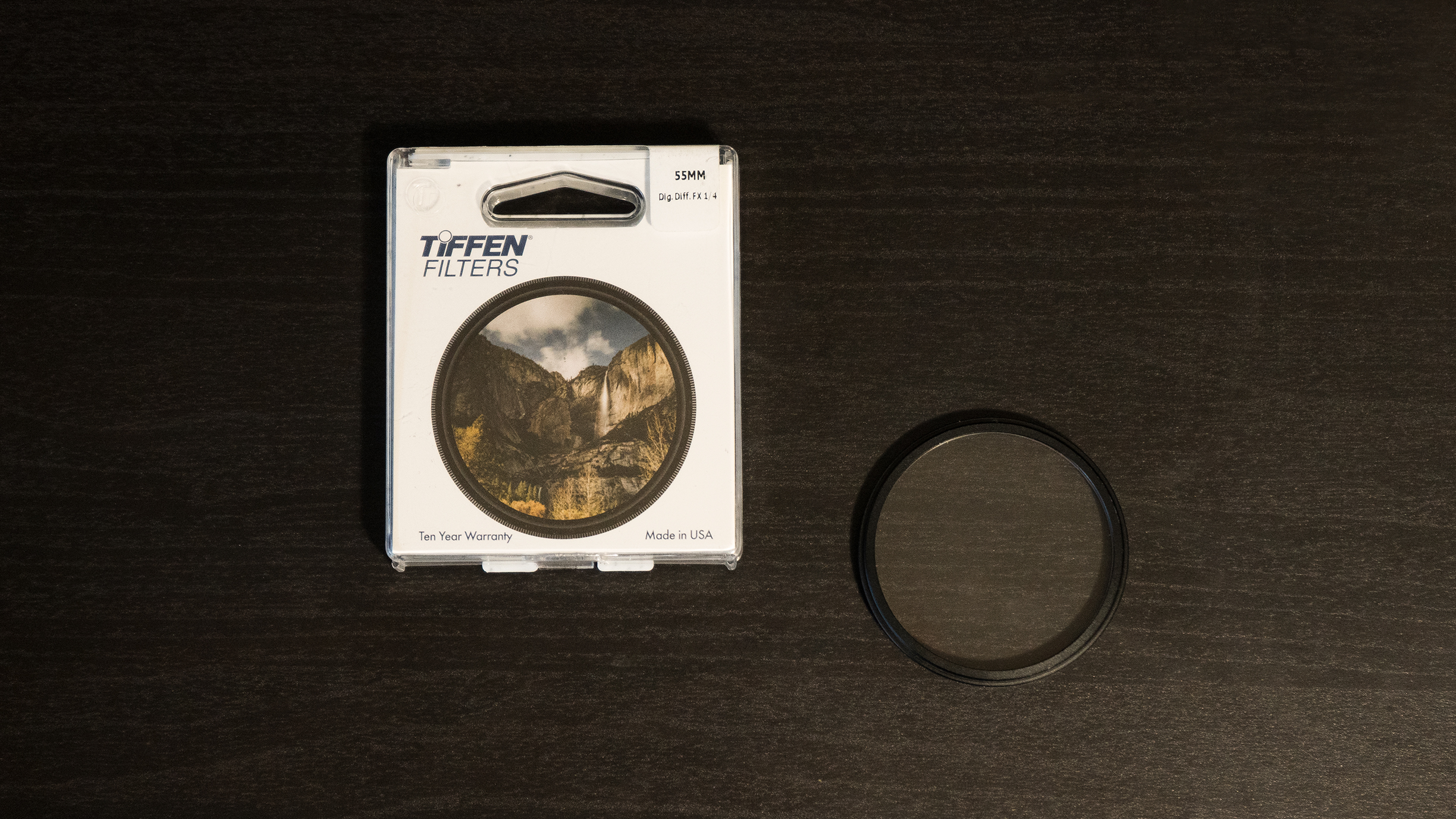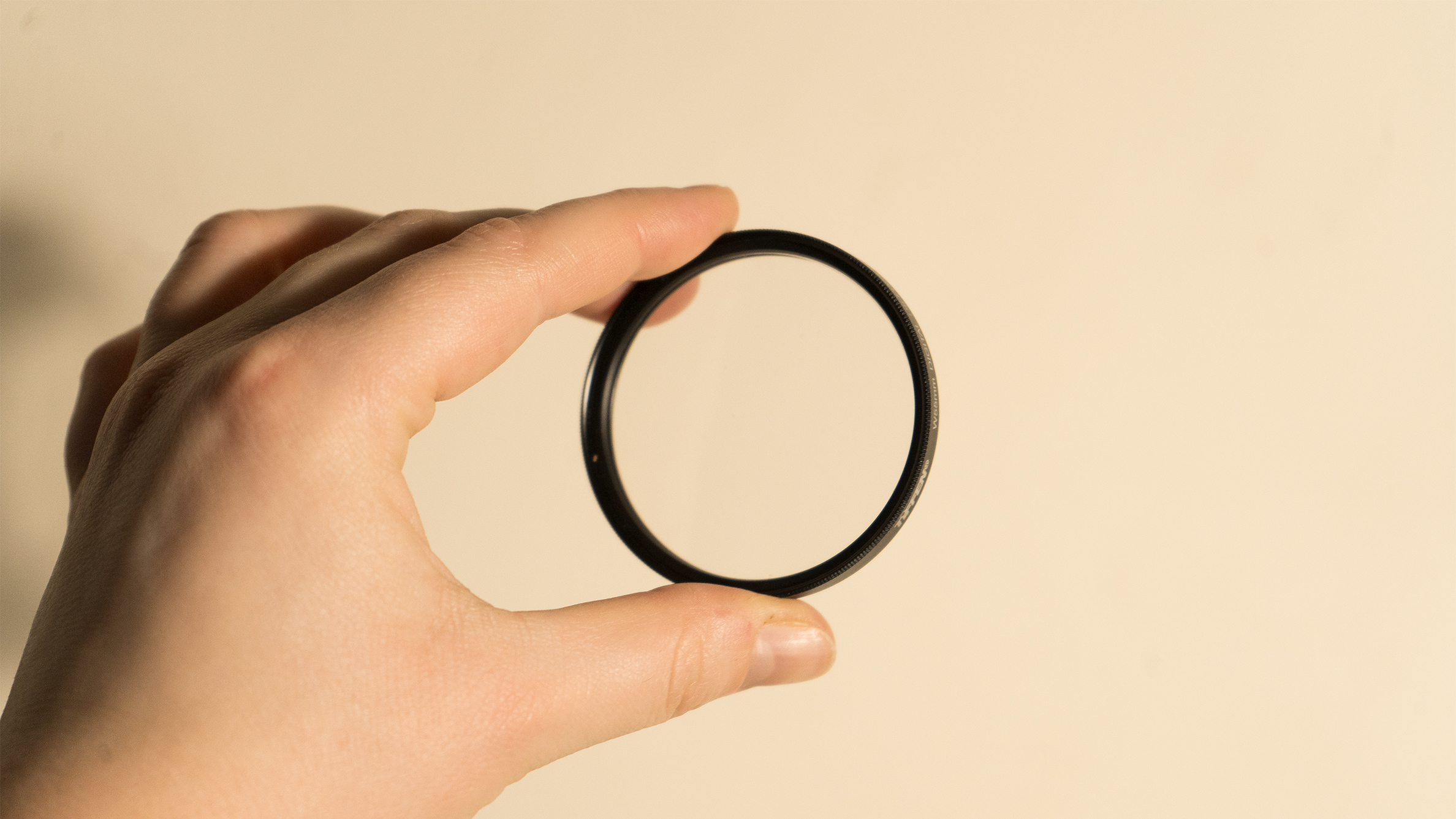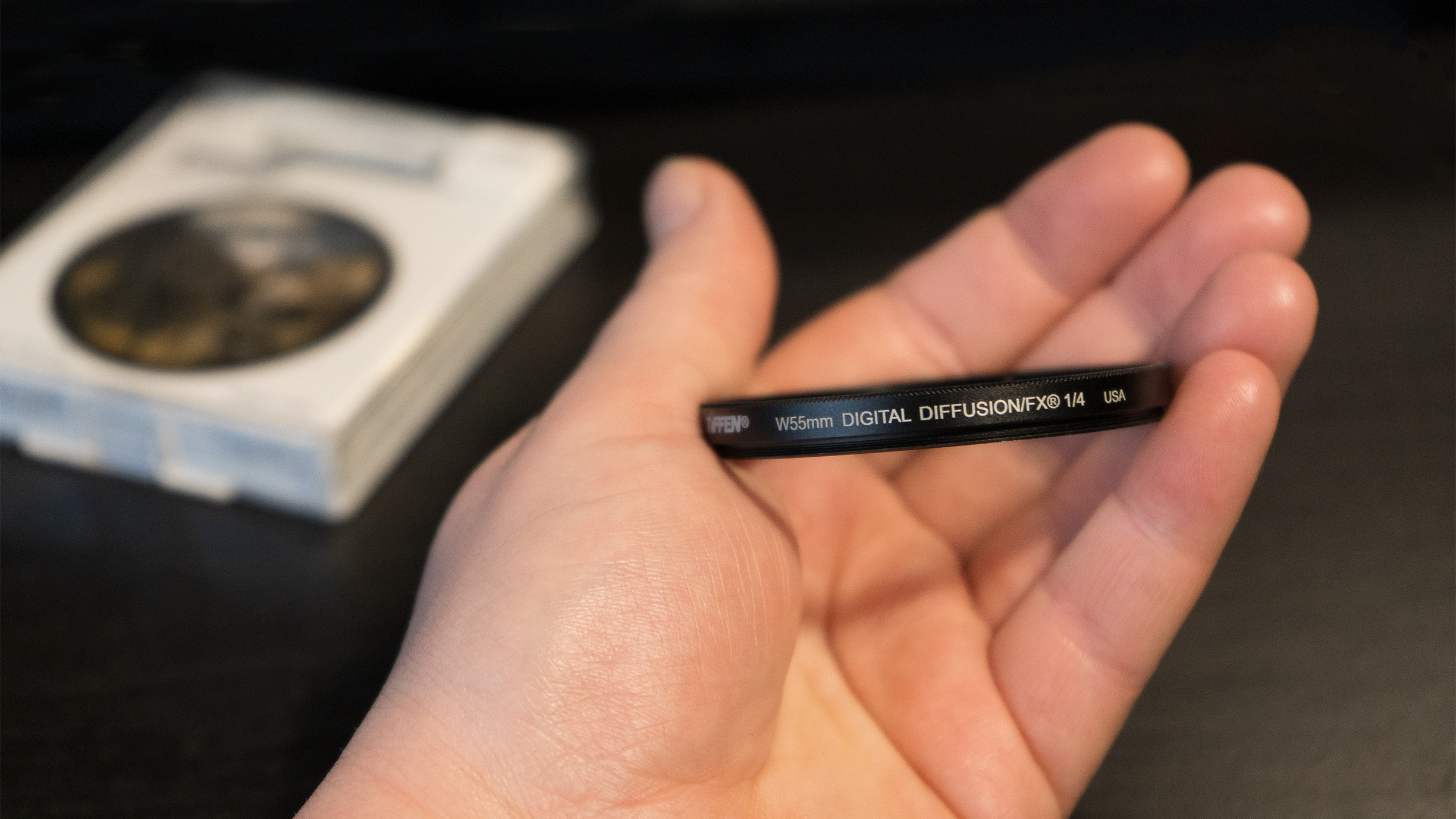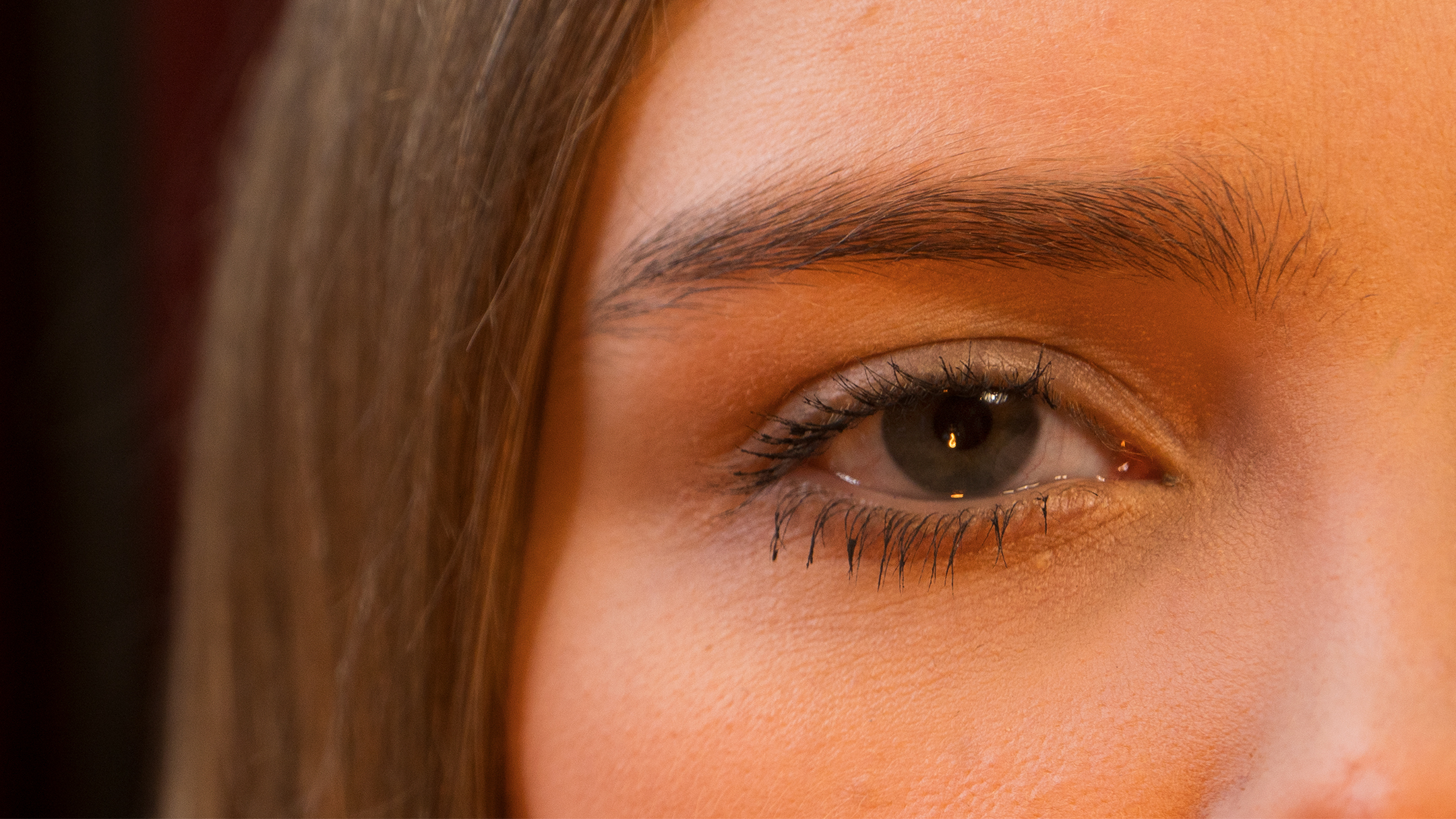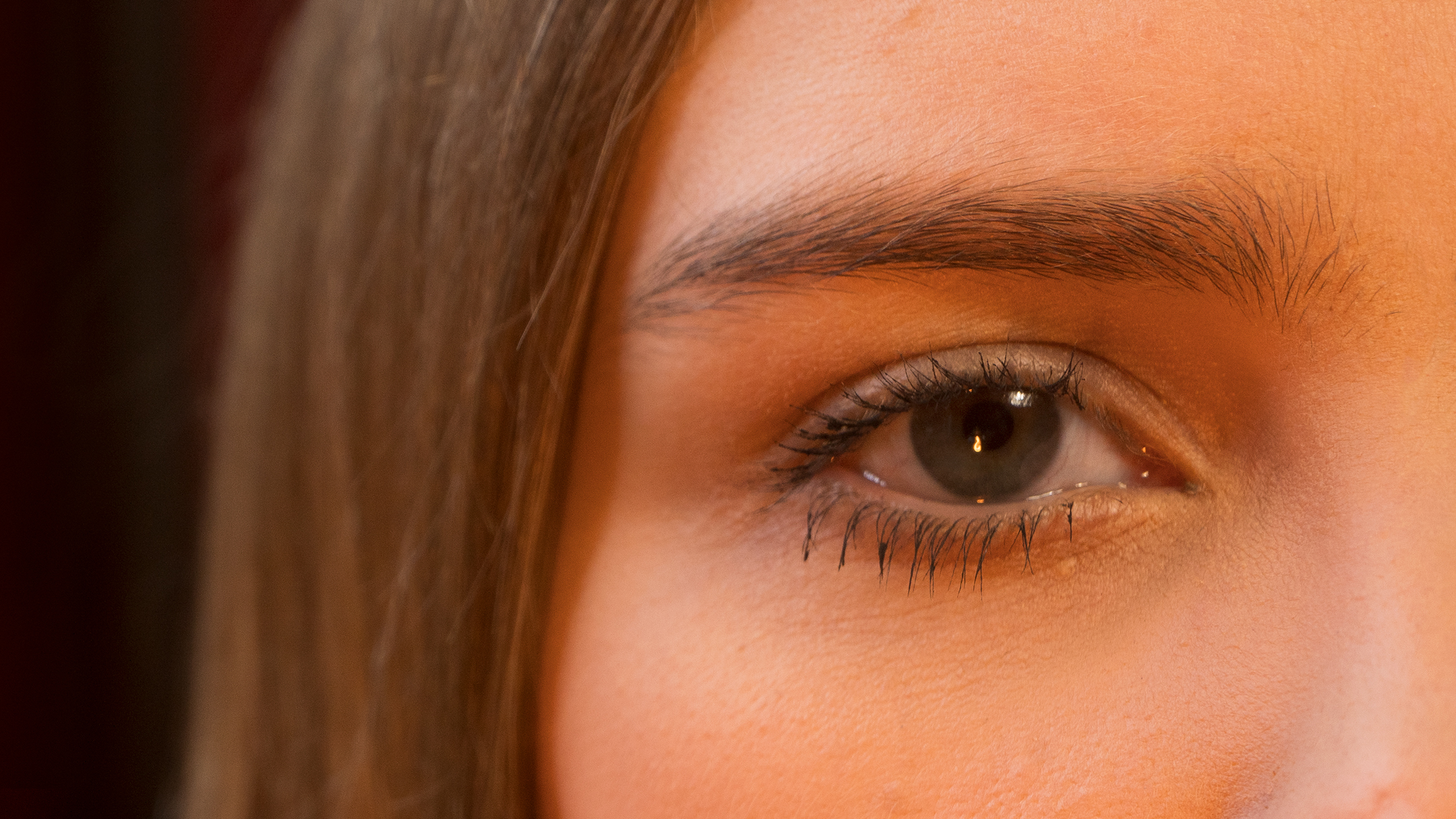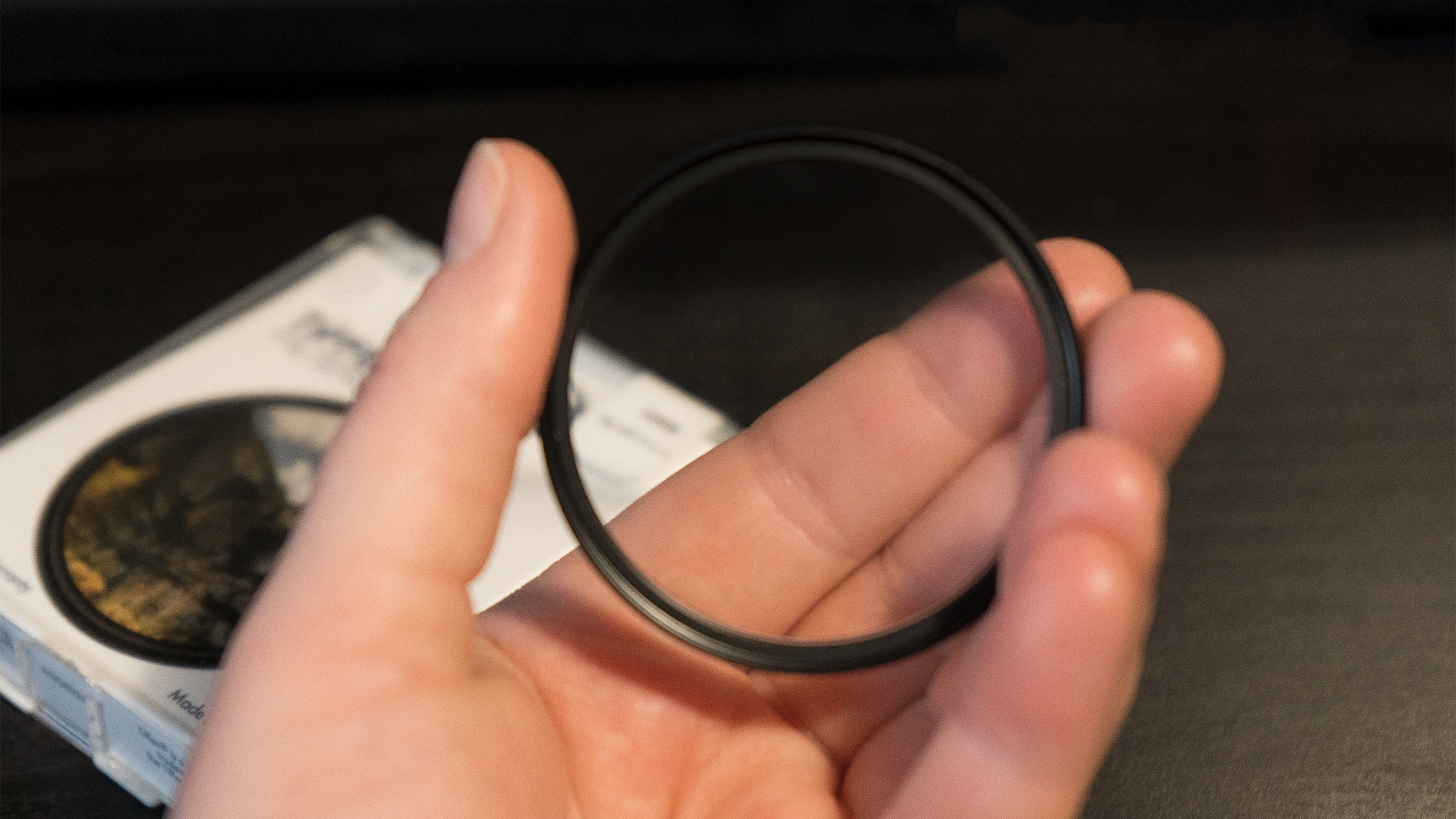Digital Camera World Verdict
The Tiffen Digital Diffusion FX 1/4 filter is a great tool for photographers who want to achieve a balanced and natural-looking image without compromising on quality. While the skin gets smoothened the image is not losing on overall sharpness. The use of high-quality Water White optical glass ensures its effectiveness, and it does not impact image color but introduces a slight reduction in contrast.
Pros
- +
Soften skin details
- +
No compromising on image details
- +
No halo effect
Cons
- -
Slight reduction in contrast
- -
1/4 density might be too subtle depending on your goals
Why you can trust Digital Camera World
Diffusion filters are commonly used by photographers in order to soften skin imperfections and reduce the "digital" look that modern high-quality lenses can create. Once you find a suitable diffusion filter, it can significantly cut down on post-production editing time. The aim of these filters is to soften wrinkles while creating a natural overall effect that makes the subject appear more flawless.
If you are looking to purchase a diffusion filter, there are many brands to choose from, including Tiffen, Hoya, Promaster, Cokin, and more. These brands offer a wide range of filters with different densities, ranging from 1/8 to 5.
Tiffen is the world's leading manufacturer and distributor of photographic glass filters and offers a wide range of diffusion filters that use various techniques, including White Halation, Black Halation, Warm Halation, and Optical Resolution.
Tiffen's Digital Diffusion FX filter with a density of 1/4 uses the Optical Resolution Diffusion technique, which is designed to create a natural and pleasing image. This Tiffen filter is made of Water White optical glass, which is known for its superior clarity and color neutrality - we took it to the test.
Specifications
Filter type: Circular diffusion filter
Mount: Screw-in
Thread diameter range (mm): 49, 52, 55, 58, 62, 67, 72, 77, 82
Density: 1/4,1/2, 1, 2, 3, 4, 5
Filter material: Water White optical glass, ColorCore Glass technology
Frame material: Aluminium
Thickness: 6mm
Build & Handling
The Tiffen Digital Diffusion FX 1/4 comes in a sturdy plastic container that makes it easy to transport. With a two-handed opening system, it reduces the risk of accidental falls while traveling.
Tiffen filters are designed to be durable, and this particular filter is no exception. They offer a 10-year warranty on all their products, which speaks to their commitment to quality. The filter is easy to attach and detach thanks to its grippy ring.
The best camera deals, reviews, product advice, and unmissable photography news, direct to your inbox!
Tiffen stands out in their production of filters by using ColorCore technology to create the glass. This involves laminating the filter substrate between two pieces of optical glass, in this case, Water White optical glass. The glass is then ground flat with a tolerance of 1/10,000th of an inch, which is an impressive level of precision.
The Digital Diffusion FX 1/4 filter utilizes Optical Resolution Diffusion technology, which is also featured in other Tiffen filters, such as the Soft FX. However, the Soft FX creates a more evenly distributed softness over the image, resulting in a greater reduction in resolution at a lower density.
Performance
The Digital Diffusion FX's performance in balancing smoothing and remaining detail resolution is excellent. It is effective in softening the wrinkles and lines present on the skin, while the skin-softening effect is quite subtle in this density and not overpowering.
The colors in the image remain the original, which is especially important for photographic genres like portraiture where bringing back accurate skin colors can be a major challenge in post-production. The filter does reduce the overall contrast of the image, but not significantly.
Furthermore, there's no visible halo effect around light sources within the image composition, which is often the case with other diffusion filters. It also reduced any stray lights.
While taking photographs, the camera's autofocus functioned normally as if no filter was attached. In manual focus, it is easy to adjust the focus and sharpness accurately on the subject's eyes.
If you want to check out the effects of different strengths of Digital Diffusion FX filters then Tiffen has provided some useful comparison videos on their website that illustrate the different density levels in the series.
These videos effectively demonstrate how skin details remain visible while the skin appears subtly smoothed out using the density of 1/4. Additionally, the light bulb in the background does not create a halo effect.
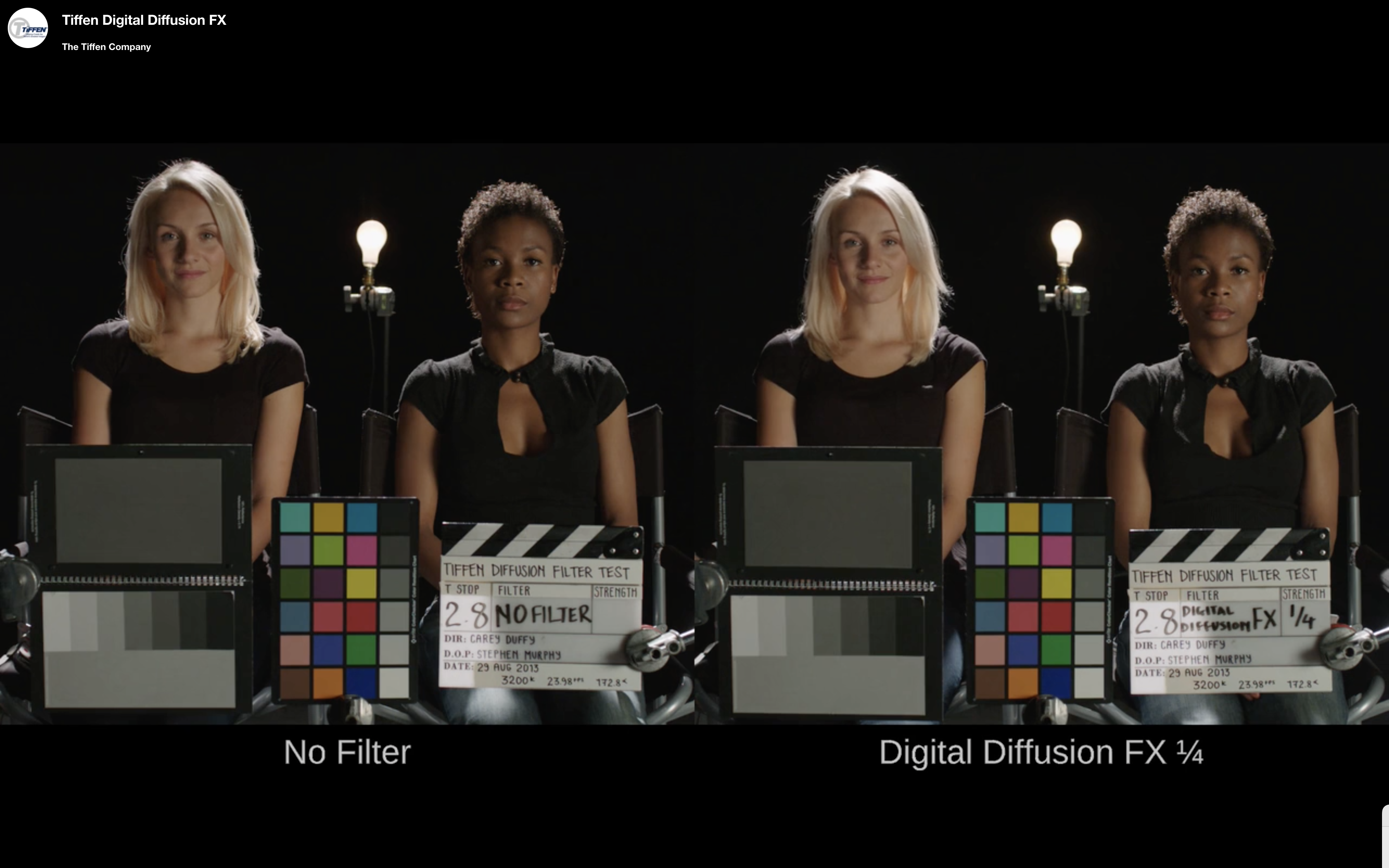
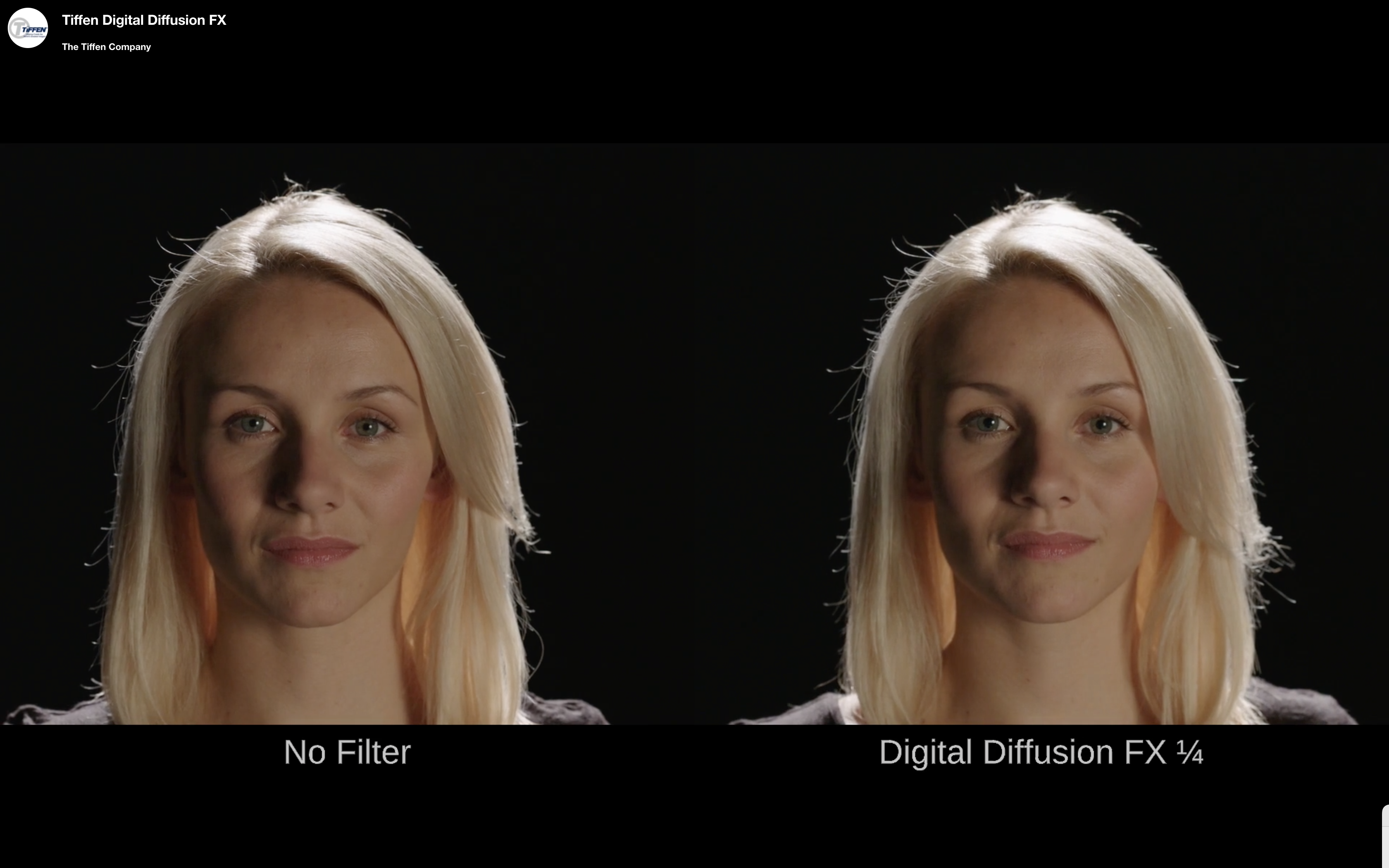
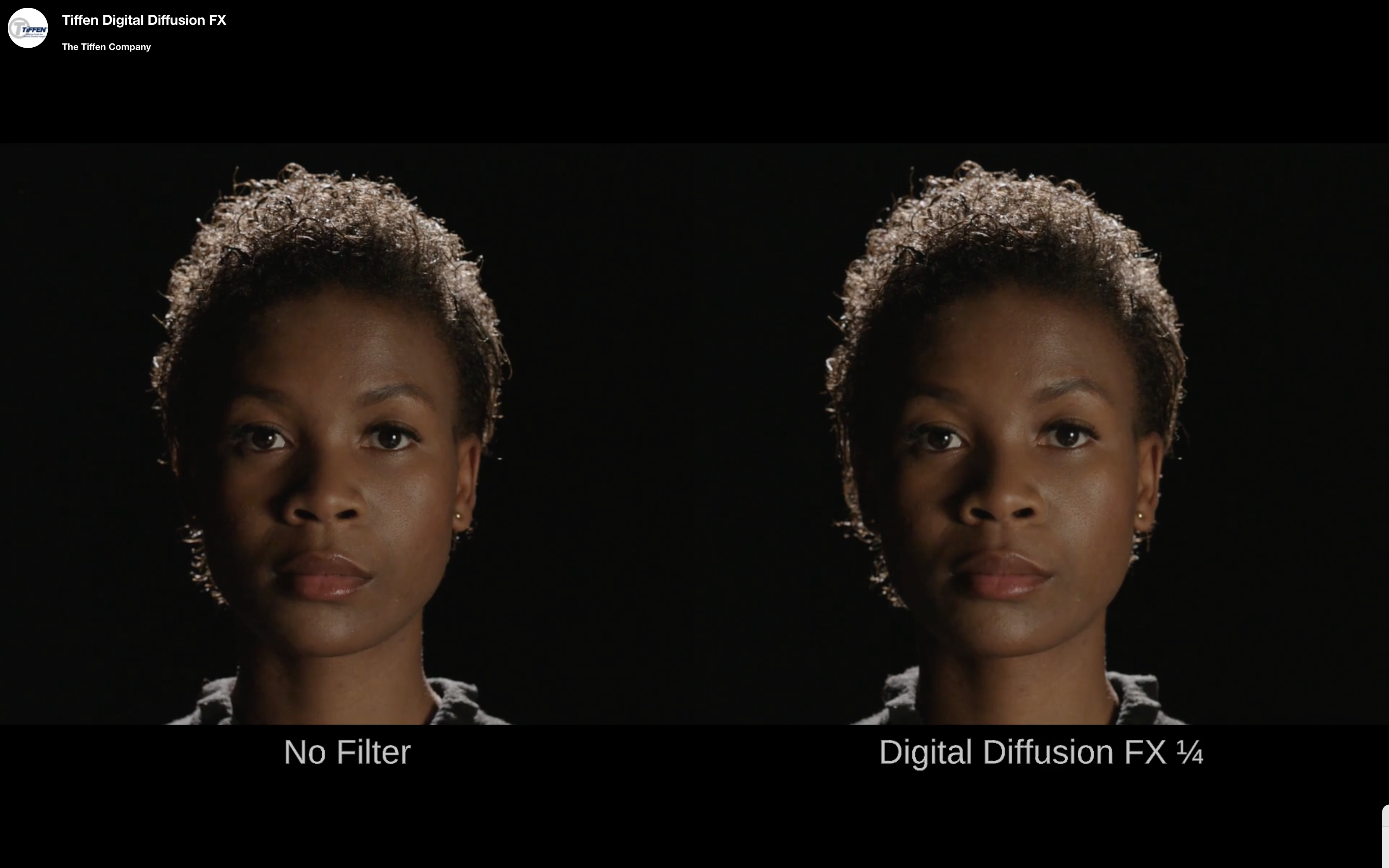
Verdict
The Digital Diffusion FX filter has a significant advantage - it is designed to remain undetectable, giving the impression that no obvious filtration is being applied, and Tiffen has kept this promise. The high-quality filter is visible in its performance, as the Water White optical glass delivers excellent clarity.
With a density of 1/4, the smoothing effect of the filter is not overpowering the photograph. It is an excellent choice for photographers who aim to achieve a balanced and natural-looking image without compromising on the output quality.
Moreover, the filter does not impact the image color but slightly reduces the overall scene's contrast. This effect is not significant and can be easily adjusted in post-processing. More importantly, the skin smoothing effect does not reduce detail resolution, resulting in a natural-looking outcome.
Due to acid etching in the glass, there was no halo effect around visible light sources in the background created as the light gets bent across the image's surface. However, other diffusion filters like Black Pro-Mist from Tiffen perform differently in this regard. So, if this effect is desired, investing in the Black-Pro Mist filter instead of the Digital Diffusion FX filter may be a better option to achieve your visual goals.

Kim is a photographer, editor and writer with work published internationally. She holds a Master's degree in Photography and Media and was formerly Technique Editor at Digital Photographer, focusing on the art and science of photography. Blending technical expertise with visual insight, Kim explores photography's time-honored yet ever-evolving role in culture. Through her features, tutorials, and gear reviews, she aims to encourage readers to explore the medium more deeply and embrace its full creative potential.
